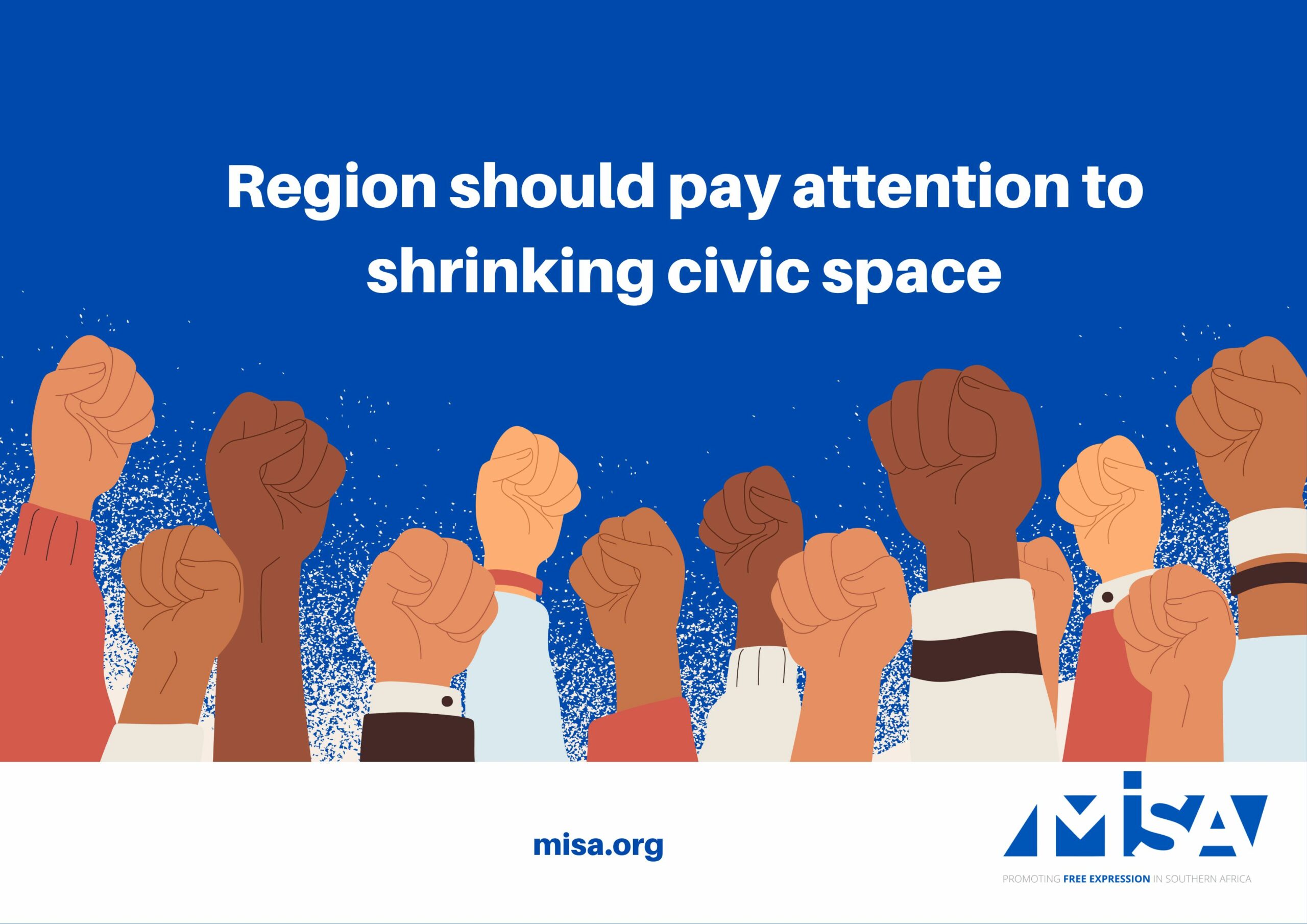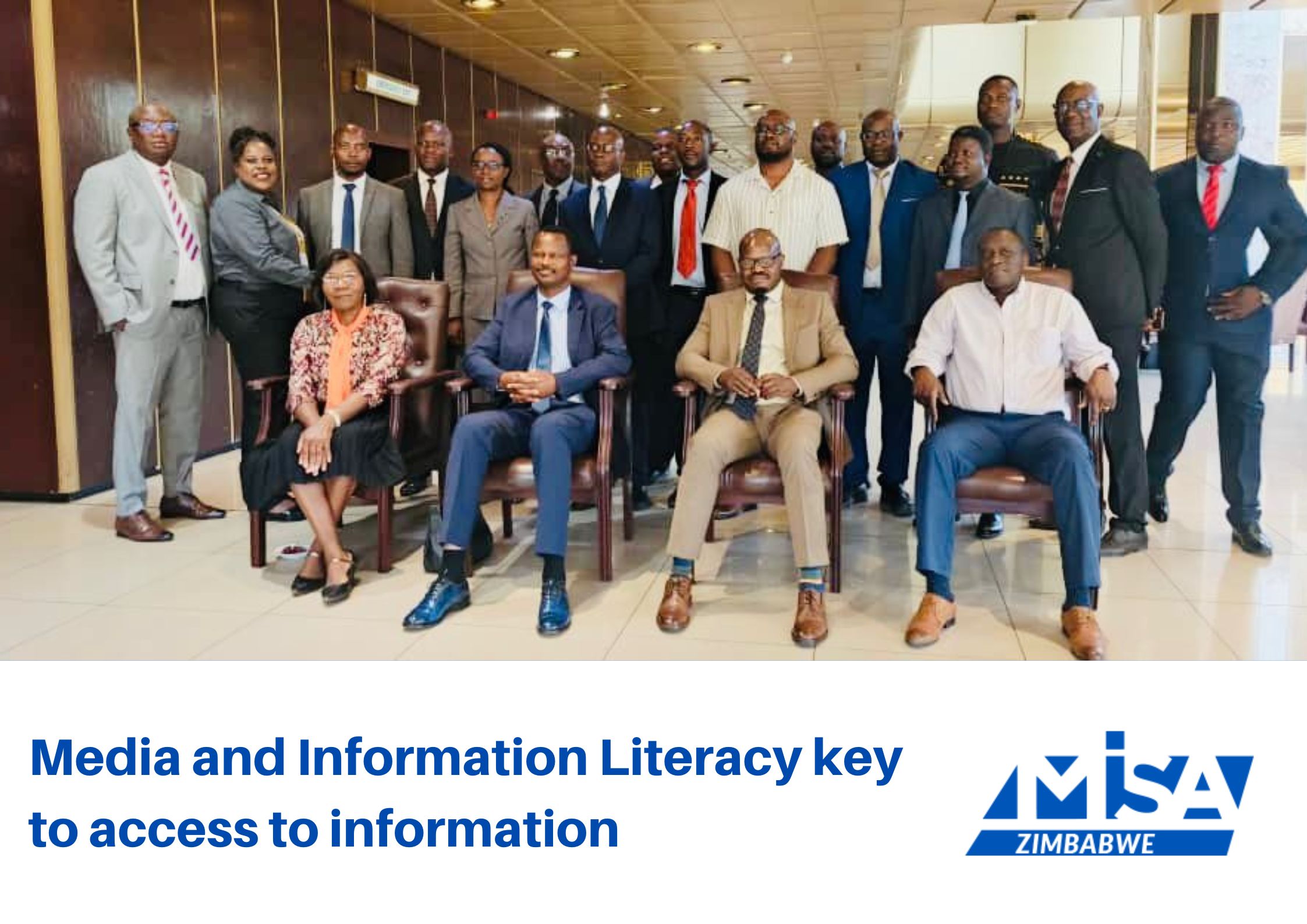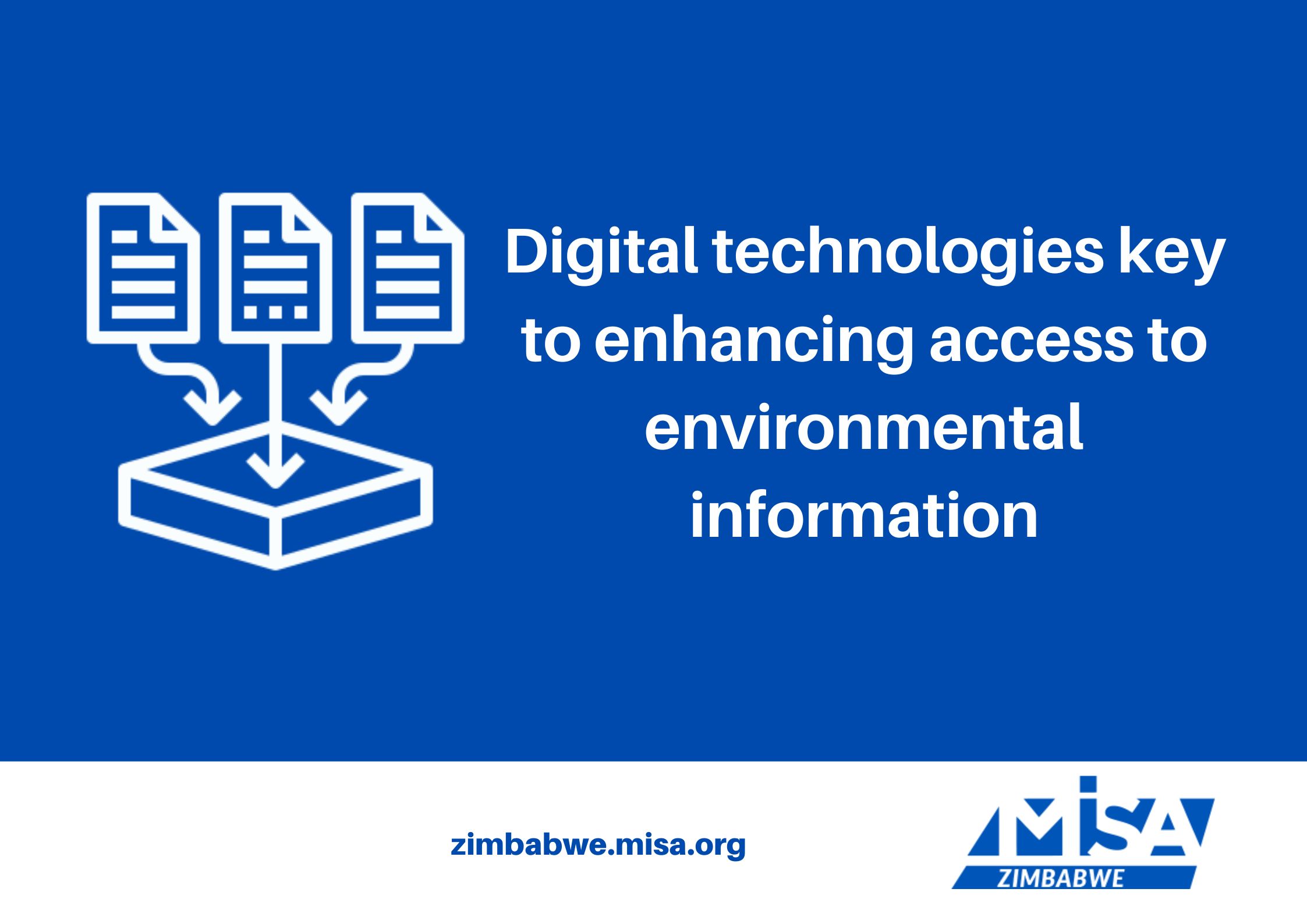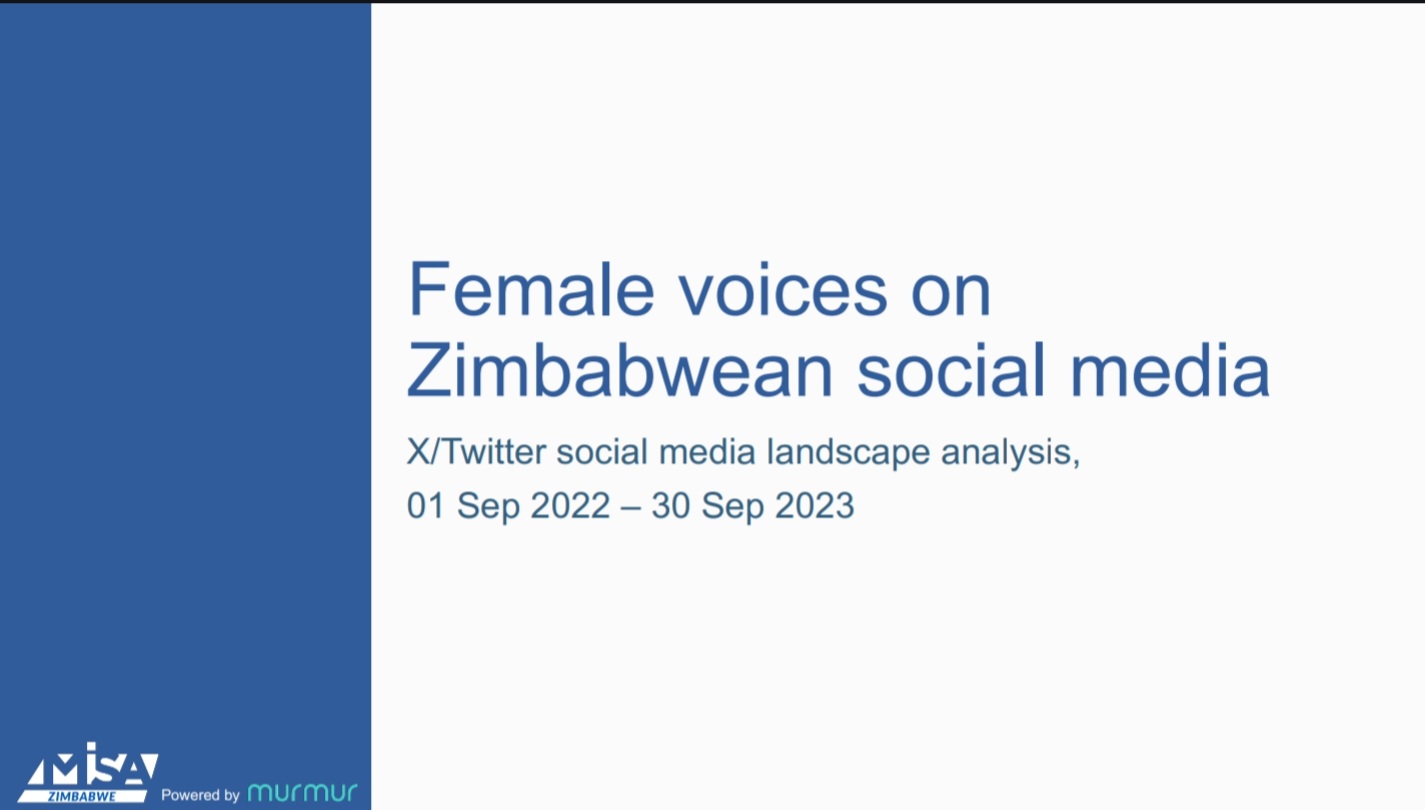MISA Regional Director Tabani Moyo has raised alarm on what he described as a “regional consensus” to shut down civic space in southern Africa.
Moyo was speaking during the Pre-Summit for Democracy Africa Citizens Summit in Defence of Democracy in Lusaka, Zambia, which was held on 27 – 28 March 2023.
The summit was organised by Accountability Lab, Ford Foundation, WFD, NED, Alliance for Finance Monitoring, African Election Observation Network, Christian Churches Monitoring Group, International IDEA, Kofi Annan Foundation, Southern African Human Rights Defenders Network, The Carter Centre, Zambia, the European Partnership for Democracy, the European Union, the Westminster Foundation, the African Election Observation Network and MISA Regional Office.
During the summit, MISA zeroed in on media freedom, freedom of expression and the use of technology during elections.
To counter the shrinking civic space, Moyo urged civil society organisations in the region to collaborate as “scope and size matter in advocacy”.
“Consensus building and networking are to achieve a sustainable pathway to campaigning for free expression in the region,” he said.
He emphasised that such collaborations should be organic, as is the case with the Spaces of Solidarity platform that was inaugurated in October last year.
Moyo raised concern at the continued decline in media freedom in the Southern African region, warning that if this trend continues, the gains made over the past few years would be eroded.
With a number of countries expected to hold elections this year and in 2024, Moyo said the spectre of internet shutdowns was real. In the past four years, countries such as Eswatini, Tanzania, Zambia and Zimbabwe have shut down access to the internet in one way or another.
Other speakers included Jessica Uiras from the Namibia Media Trust and Richard Mulonga from Bloggers of Zambia – two organisations that are part of the Spaces of Solidarity. Boyd Chibale from BBC Media Action also made a presentation.
There was also a presentation on how technology can be used to effectively and transparently manage elections.
Participants resolved to work together in solidarity to develop and strengthen resilient media systems in Southern Africa and to take effective steps to study the obtaining situation on media freedom in the region, identify trends and emerging issues, and build coalitions of campaigners around those issues to start campaigning, and ultimately acting together.
MISA Regional communique













